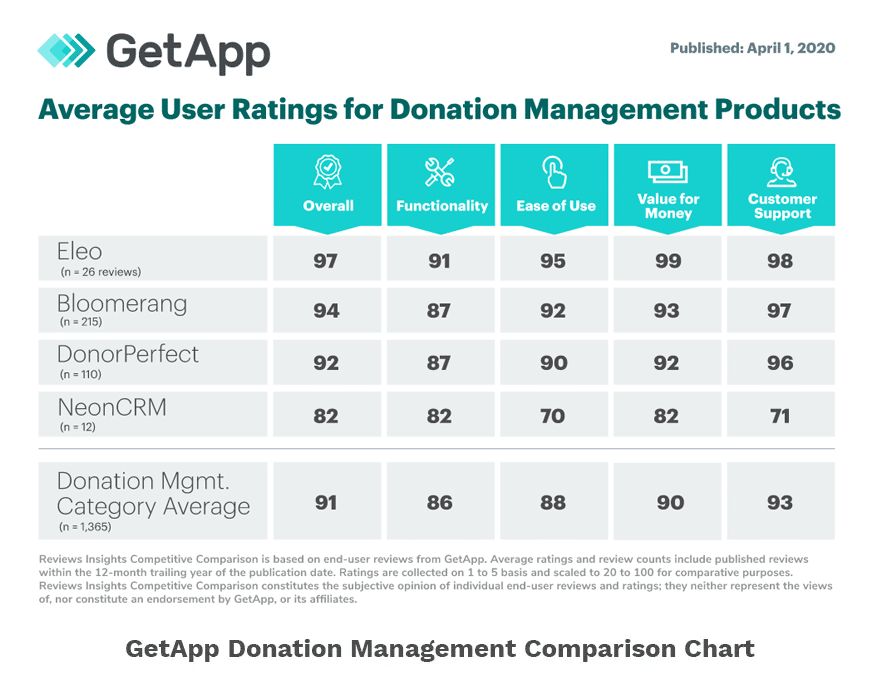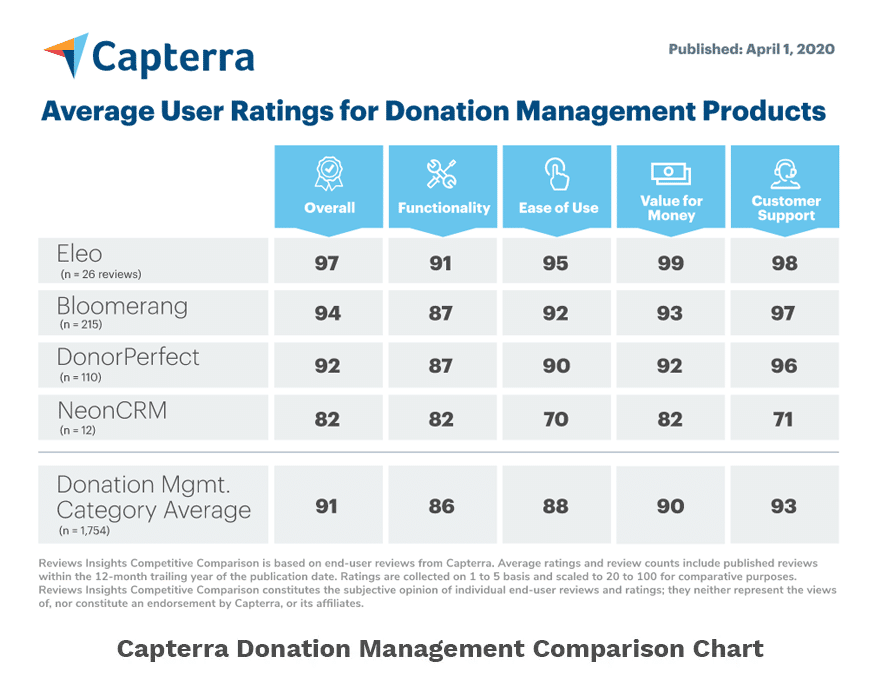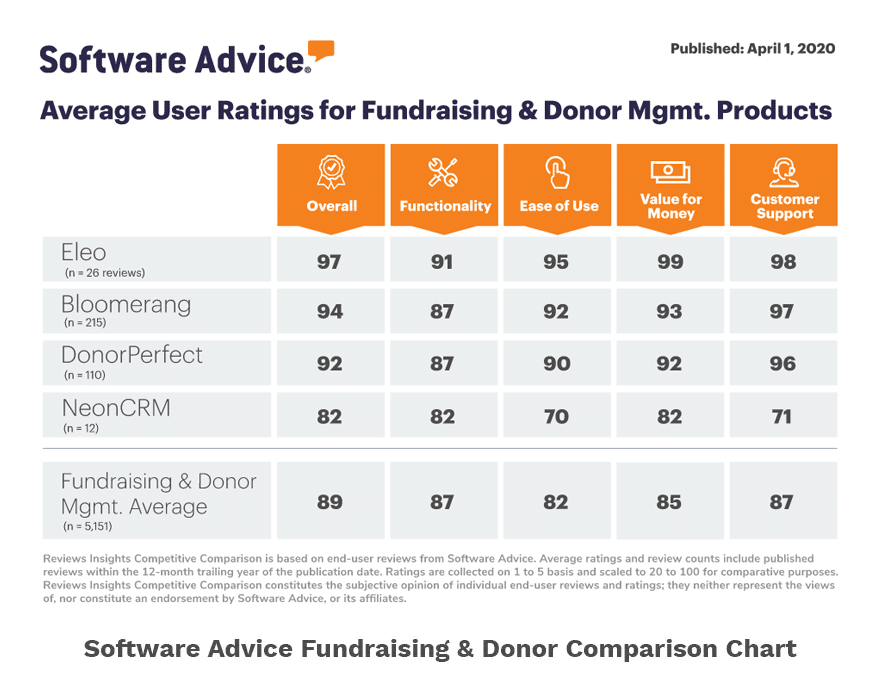
You sent your email with the unfortunate news that your nonprofit’s spring fundraiser is cancelled due to the coronavirus. There’s a chance the event could be rescheduled for later in the spring, but that option is looking less likely by the day.
Now what?
On a positive note, you’ve been given the gift of time and space. You’re probably not commuting. You’re definitely not traveling. Sports, theater, and other events and activities are no longer tying up your nights and weekends. If you have kids, you’re probably starting to get into a routine that allows you to balance work and homeschooling.
Keep in mind that the people who had registered or purchased tickets to attend your fundraiser are in the same boat. Now would be a great time to engage, strengthen existing donor relationships, and look for ways to build new ones! Here are a few ideas to make the best of this difficult time.
Follow Up with Event Participants
The first step is to apologize for the cancellation. Just like you thank a donor within 24 hours of a donation, you have to apologize promptly when something goes wrong, even if it’s not your fault. All events are being cancelled or changed, so they won’t hold it against you!
The second step is to determine if you are cancelling all together, or rescheduling for a later date.
If you plan to cancel your in-person event entirely, consider offering remote options to safely engage instead. Invite your event participants to join in some of the fun, at a distant. Some ideas you could put forth are – virtual hangouts with donors, streaming presentations with speakers, and even online award ceremonies. Efforts such as these show that you are willing to adapt for and support your donors, even in tumultuous times.
If you plan to reschedule your event, include donors in the decision making process. Distribute a poll that asks donors and volunteers which future date would be best for them. This not only gives constituents a sense of control over your nonprofit’s activities, but it can also boost attendance for a rescheduled event.
Finally, ask event participants if they would be willing to donate their registration fee or ticket cost instead of requesting a refund. This will help you maintain cash flow and reduce the financial impact of the cancellation.
If Your Mission Is Directly Impacted, Connect Your Message to the Coronavirus
Every family, business, and organization is being affected by this pandemic on some level. Many nonprofits and the causes they support are facing challenges that are completely new and unprecedented.
If this is the case with your nonprofit, weave those challenges into your messaging. This is not exploiting a crisis for financial gain. This is one of the main reasons why your nonprofit exists in the first place. Shift gears from your cancelled fundraiser to a new campaign that’s directly connected with today’s events.
For example, a children’s hospital could easily become overwhelmed if people don’t follow CDC guidelines for social distancing. They could probably use additional donations to continue to provide services until the pandemic subsides. Another illustration of this is animal shelters. Because many citizens are ordering pet food in bulk, it could leave these organizations with less than they need and therefore scrambling to make up the difference. In this instance, it is okay to make your tone urgent. Ask for what you need, when you need it.
If your nonprofit is not directly impacted by the coronavirus, be a resource for the community. Provide information updates from reliable sources. Promote local businesses. Let people know which restaurants are open and offering takeout. Inform your community about other nonprofits who are more directly affected.
Get Up to Speed on Your Donors
Take advantage of this extra time by researching your constituents. Use your donor management system to run reports. Who has donated recently? How much? For what purpose? Who hasn’t given in a while? Who donates consistently? Who has only given once?
Touch base with your donors. See if they’re okay. Pick up the phone, send an email, write a letter. Your donors should know you’re thinking of them during these trying times. Not only does this showcase that you care, it also opens the door for donors to give. If your nonprofit is in need of emergency funds, this type of engagement can prompt current donors to offer more or energize lapsed donors who needed a new reason to give.
Nobody wants to cancel a fundraiser, but sometimes things are out of our control. Given the current circumstances, your donors will understand. Consider it a temporary setback and look for new ways to rally your donors’ support!





